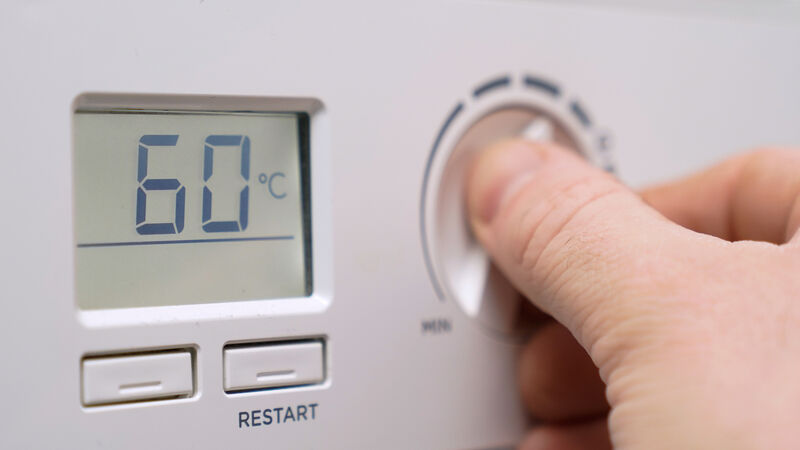PSO levy on energy bills set to be scrapped to ease pressure on households

An information campaign is expected to be rolled out in the coming weeks advising the public on how to reduce their energy bills.
The public service obligation (PSO) levy on energy bills is expected to be scrapped as part of Government measures aimed at addressing inflation.
A cost-of-living package, due to be unveiled in the week beginning April 11, is unlikely to include any immediate financial supports, and instead households will be asked to change their own behaviour.













